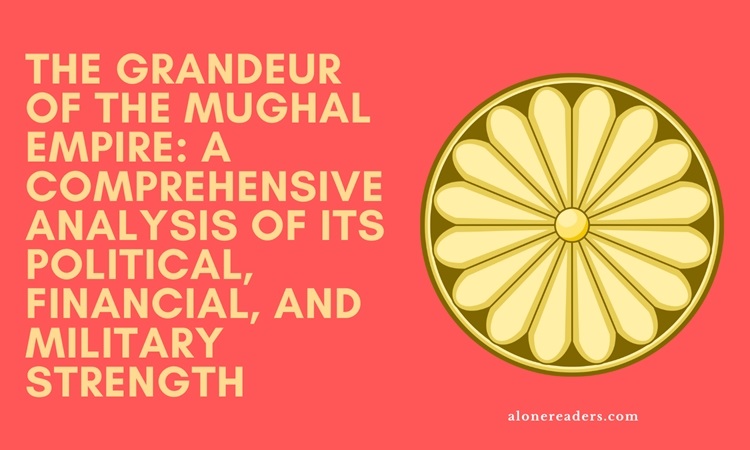
The Mughal Empire, a name synonymous with opulence and power, stands out in the annals of history as one of the most influential and robust empires of its time. Spanning from the early 16th to the mid-19th century, this empire left an indelible mark on the Indian subcontinent, not just in terms of territorial expansion but also in cultural, political, and economic aspects.
Politically, the Mughal Empire was a testament to strong centralized authority, with its foundation laid by Babur in 1526. The empire reached its zenith under the reign of Akbar, who not only expanded its boundaries but also established an efficient administrative system. This system was based on a complex hierarchy of officials and a well-defined division of provinces, known as 'Subahs'. The political structure of the Mughal Empire was unique in its combination of Persianate bureaucratic culture and Indian administrative practices, creating a system that allowed for effective governance over a vast and diverse territory.
The Mughal emperors were known for their diplomatic acumen, maintaining relations with other kingdoms and empires through marriages, treaties, and tributes. The empire's political stability under leaders like Akbar, Jahangir, Shah Jahan, and Aurangzeb fostered an era of peace and prosperity, which in turn attracted traders and ambassadors from far and wide, including the Portuguese, British, Dutch, and French.
Financially, the Mughal Empire was a powerhouse. Agriculture was the empire's economic backbone, benefiting from the fertile plains of the Ganges and the Indus. The land revenue system, known as the 'Zabt' system introduced by Akbar, was a significant financial innovation. It standardized revenue collection, ensuring a steady income to the imperial treasury and contributing to the empire's financial stability. Trade flourished under the Mughals, with the empire becoming a pivotal part of the global trade network. The Silk Road and maritime trade routes connected the Mughal Empire to Europe, Central Asia, and the Far East, facilitating the exchange of goods like spices, textiles, and precious stones.
The Mughals were also known for their patronage of arts and architecture, which not only reflected their wealth but also contributed to the economy. The construction of monumental structures like the Taj Mahal, Red Fort, and Jama Masjid stimulated various industries, including quarrying, architecture, and artisan crafts.
In terms of military strength, the Mughal Empire was unrivaled in the Indian subcontinent. The empire's military prowess was built on a combination of advanced weaponry, including firearms and artillery, and a well-organized infantry and cavalry. The Mughal army was a formidable force, known for its discipline, strategic planning, and innovative tactics. The empire's military expansion under leaders like Babur, who introduced gunpowder and field artillery in the Battle of Panipat, and Akbar, who further modernized the army, was a testament to their military ingenuity.
The Mughal military was not just a force of conquest but also an instrument of consolidation and control. The empire’s ability to mobilize large armies swiftly and its use of elephants in warfare were significant advantages in both offensive and defensive strategies. The fortification of cities and the establishment of garrisons in strategic locations further strengthened the empire's military architecture.
The Mughal Empire's decline in the 18th century did not diminish its historical significance. Politically, it set a benchmark for governance and diplomacy in the Indian subcontinent. Financially, it laid the foundations for economic practices and trade relations that outlived the empire. Militarily, it set standards for organization, strategy, and technology in warfare that influenced future generations. The legacy of the Mughal Empire is a testament to its power, size, and strength, making it a subject of enduring fascination and study in the annals of history.